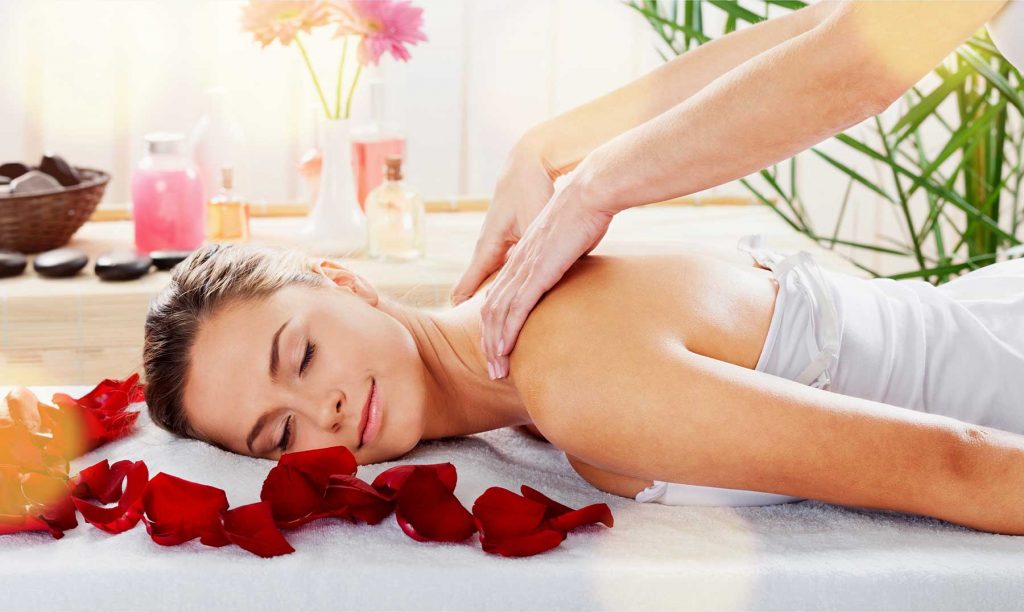There are so many aromatherapy myths circulating online, which is undoubtedly frustrating if you’re looking for accurate information regarding its benefits. These myths stem from the fact that most people perceive essential oils to work in specific ways, but the reality is that they’re not always accurate. So, to set the record straight, this article clears up some of the most common aromatherapy myths and ensures that you have the information you need to find the best aromatherapy products out there.
Myth 1: Therapeutic grade = the best oils
When it comes to aromatherapy products, you may have heard the term ‘therapeutic grade’ and wondered what it means. In reality, it is a made-up marketing term that is used to encourage you to buy a product from a particular supplier. While it might sound more efficacious, the reality is that all aromatherapy products are therapeutic, and there is no governing body that decides whether a product is ‘therapeutic grade’ or not.
Myth 2: Essential oils never expire
Over time, essential oils oxidise, which means they slowly deteriorate. As a result, they might change odour and colour and will lose their therapeutic value. Some oils can even cause skin sensitivity if they’re used long past their use-by dates. It’s best to use your essential oils within one year of opening them. You can always add a sticker to the bottle and make a note of the date that you opened it, as this will ensure you can use the oils while they’re in date.
Myth 3: You can apply essential oils directly to your skin
This is not a good idea. In fact, in the UK, aromatherapists are not permitted to administer essential oils to clients, as the practice isn’t covered by insurance. Before being applied to your skin, essential oils must first be diluted and added to a blending oil, lotion, or cream. If you apply essential oils directly to your skin, you may suffer from a severe skin reaction, so it’s best avoided.
Myth 4: You cannot freeze essential oils
It’s possible to freeze all liquids at the right temperature, and essential oils are no exception. However, you should be mindful that the extent to which they freeze is different from oil to oil. If your essential oils do freeze, you should bring them back down to room temperature naturally before using them. Never try and heat essential oils to thaw them.
Myth 5: The fact that essential oils are natural makes them safe
Several different natural chemicals make up essential oils, so just because they are natural products, it doesn’t make them 100% safe. In fact, most essential oils come with safety warnings and cautions. This is why it’s not recommended to ingest essential oils or to use them directly on your skin. So, be mindful that not all-natural substances are safe to use as you please!
Myth 6: You can ingest natural oils
You should never ingest natural oils. The lining of your stomach, mouth, and oesophagus is comprised of mucus-rich permeable skin. Therefore, it is adapted for absorption and secretion. In other words, if you ingest a natural oil, it will enter your bloodstream quickly, which can cause significant damage to the lining of your mouth and stomach.
When used correctly, natural oils have a range of therapeutic benefits, so being aware of the above myths is really important if you’re planning to use them at home. Browse through Tisserand’s collection of essential oils by mood and find the ideal aromatherapy product to use at home.

